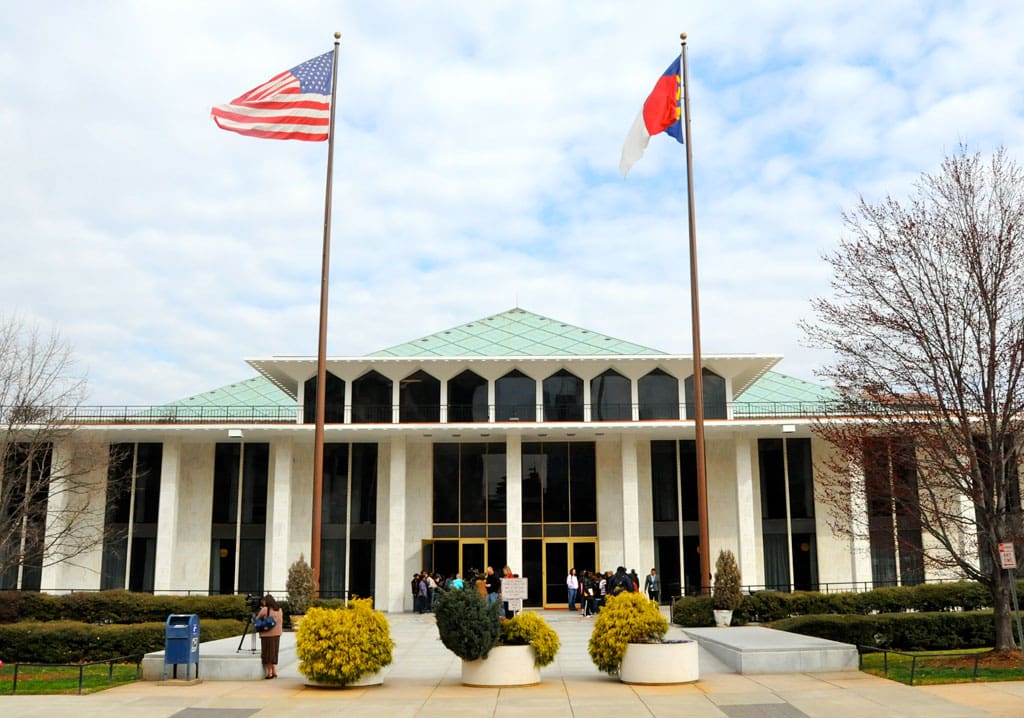
News reports about governmental budgets often strive to be “objective”. Articles report the details of what decisionmakers have included in a budget – often highlighting tax cuts or increases. Reporters may include one or two quotes from an elected official who favors the budget while also including one or two quotes from an elected official who opposes the budget. Rarely are the articles long. Even more rarely do the articles give you enough information around which to form a judgement.
Yet, government budgets are values documents. They tell you what your elected officials value as important in your town, state, or nation. They also tell you what your elected officials do NOT value as important. From the budget passed last week in the Senate of the NC General Assembly, it is clear that safe, decent, affordable housing is not one of the things our legislature values.
In the last four years, we have seen an unprecedented explosion in the need for affordable housing in every county in NC. Every year, the Coalition brings you statistics about the worsening crisis for low to moderate income people in your local community. Every year, we work with our developer partners to educate legislators on the need for more investment in the NC Housing Trust Fund and the Workforce Housing Loan Program (WHLP). Every year, we work with our local government partners to identify Community Development Block Grant funding to support affordable rental and homeownership. Every year, we work with our financial services and housing counseling partners to help households gain access to the financial tools to either buy a new home or save their existing home from foreclosure. Every year, we ask people like you to become members of the Coalition and join us in our advocacy.
Yet, at the end of the day, the NC Senate passes a budget that allocates 31% of the new revenue in the General Fund in 2017-18 and 71% in 2018-19 to tax cuts for less than 5% of NC’s population. The budget also puts harmful caps on the WHLP and cuts funding for affordable housing. What does that mean for NC’s housing needs? If these caps were in place this year, the following mostly rural counties would not see affordable housing development:
Alamance, Davidson, Granville, Harnett, Rowan, Stanly, Carteret, Craven, Edgecombe, Halifax, Lenoir, Nash, Robeson, Wayne, and Wilson.
Three of those counties – Edgecombe, Robeson, and Wayne – were the hardest hit by Hurricane Matthew. The fourth hardest hit county – Cumberland – would also be affected. All of this is happening at a time when the federal government has dedicated only $6 million to help these areas recover from Hurricane Matthew. The public housing authority in Lumberton alone needs almost $18M to rebuild. And none of this takes into account the crushing need for affordable housing funds in the other 89 counties in NC.
Are these the values we share in North Carolina?
There has never been a more important time for you to join us in our advocacy work. The NC House has not revealed a budget yet. With your help, we can work to make sure NC values are heard. Join the Coalition today to make sure every North Carolinian has a safe, decent, affordable place to live.








